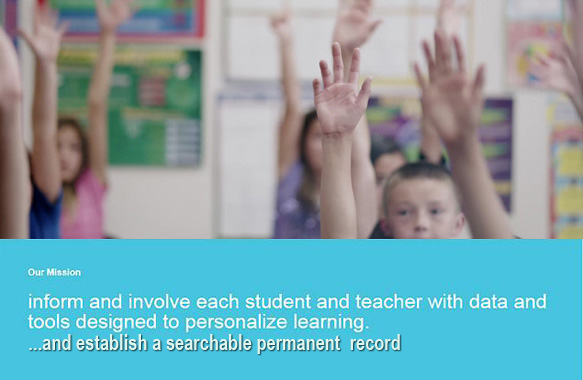By David Sirota | Originally Published at David Sirota. October 24, 2013
Back in 1982, the Violent Femmes urged a generation not to get so distressed about something being put on our permanent records. To the band’s young followers, it was a comforting reminder that for all the vice principal’s rage and all of the demerits in our file, most of our elementary school antics, tween outbursts, and adolescent trouble-making probably wouldn’t condemn us to an adulthood of suffering and punishment.
But, then, that was before the rise of Big Data—before the era when “permanent” went from a somewhat figurative to a truly literal description of our personal information. Yes, today because they are electronic, our records are truly permanent. They live in perpetuity and in a forever searchable state. And with data storage costs continuing to drop, the marginal price of indefinitely keeping them is no longer prohibitive. That brings up a big moral question: Is it OK to subject even young children to this brave new world by creating permanent records of their behavior that can electronically follow them for their entire lives?
This was the quandary most recently raised The New York Times in its story about inBloom, a company that collects student information from an increasing number of school districts, allowing those districts to “effortlessly share student records” with private corporations. The publicity surrounding the company should also dispel any illusions that children are being protected from the harsh realities of the surveillance society. As the Times notes, the extent of permanent records that the system creates for its corporate partners includes “contact information, grades and disciplinary data, test scores and curriculum planning.” It is so vast, in fact, that the newspaper reports it has raised “the potential for mass-scale surveillance of students” and seems “designed to nudge schools toward maximal data collection.”
Of course, modern-day data collection and the permanent records it creates always come with tradeoffs. Permanent records of our entertainment preferences keep Pandora, Netflix, Hulu, and iTunes sending us personalized film, TV, and musical selections—but they also keep us ensconced in a filter bubble that prevents us from being exposed to different content. Permanent electronic credit reports ostensibly provide a more transparent analysis of consumer credit histories—but the permanence of errors on those reports can doom those consumers to unwarranted punishments. Meanwhile, permanent electronic medical records hold out the promise of better, more customized therapies that aren’t inhibited by lost paper records and physicians’ notorious penmanship deficiencies. Those records, though, raise legitimate fears of insurance companies circumventing federal law and using genetic records to punitively vary premiums and coverage.
It is the same thing with permanent electronic records of, say, a seventh graders’ discipline problems. Sure, that data may help teachers better plan for disruptive kids and better structure a classroom curriculum. But will the permanence and shareability of student records negatively affect that child’s future academic prospects years down the road? It’s a more than fair query when, as the Times notes, many school districts have “no policies in place to govern who could see the information, how long it would be kept or whether it would be shared with the colleges to which students applied.”
See Related Personal Information is inBloom












Leave A Comment